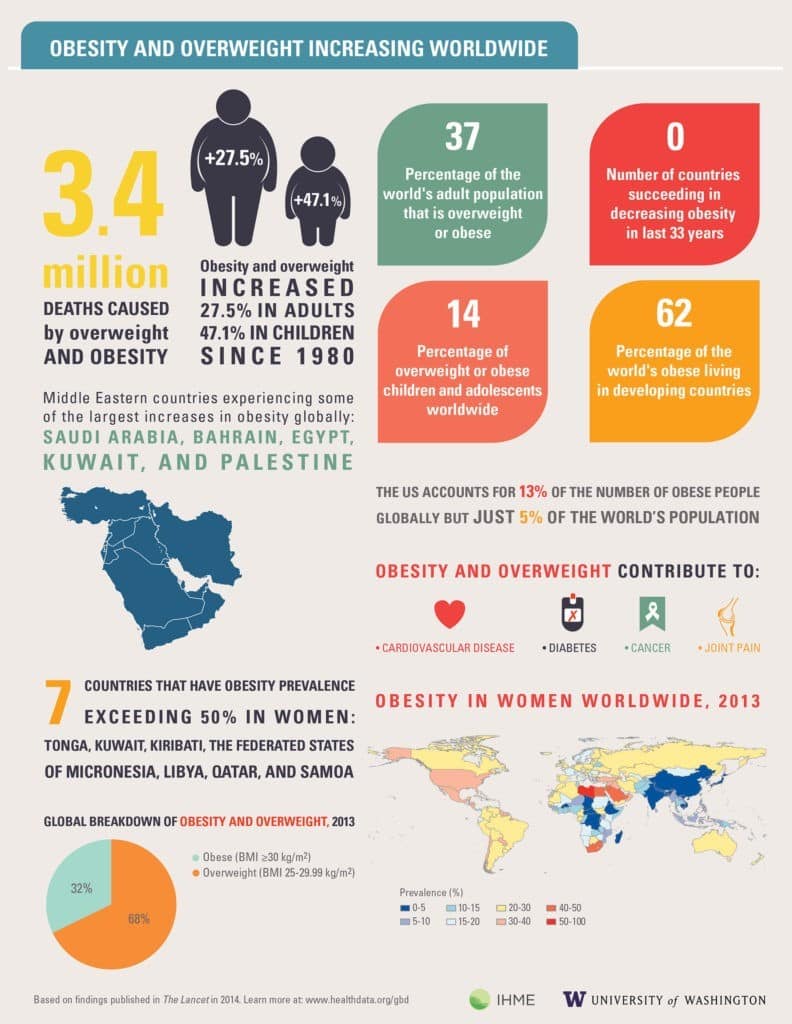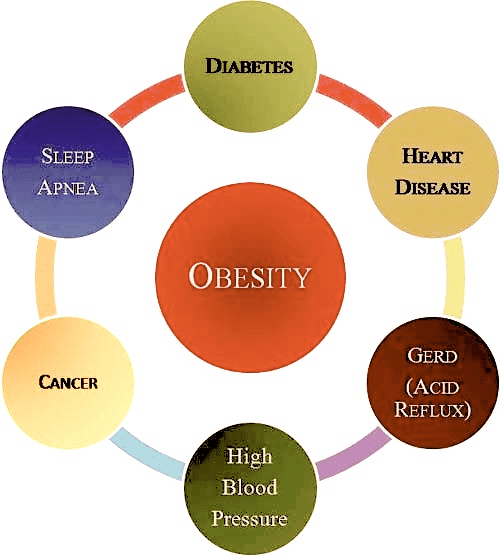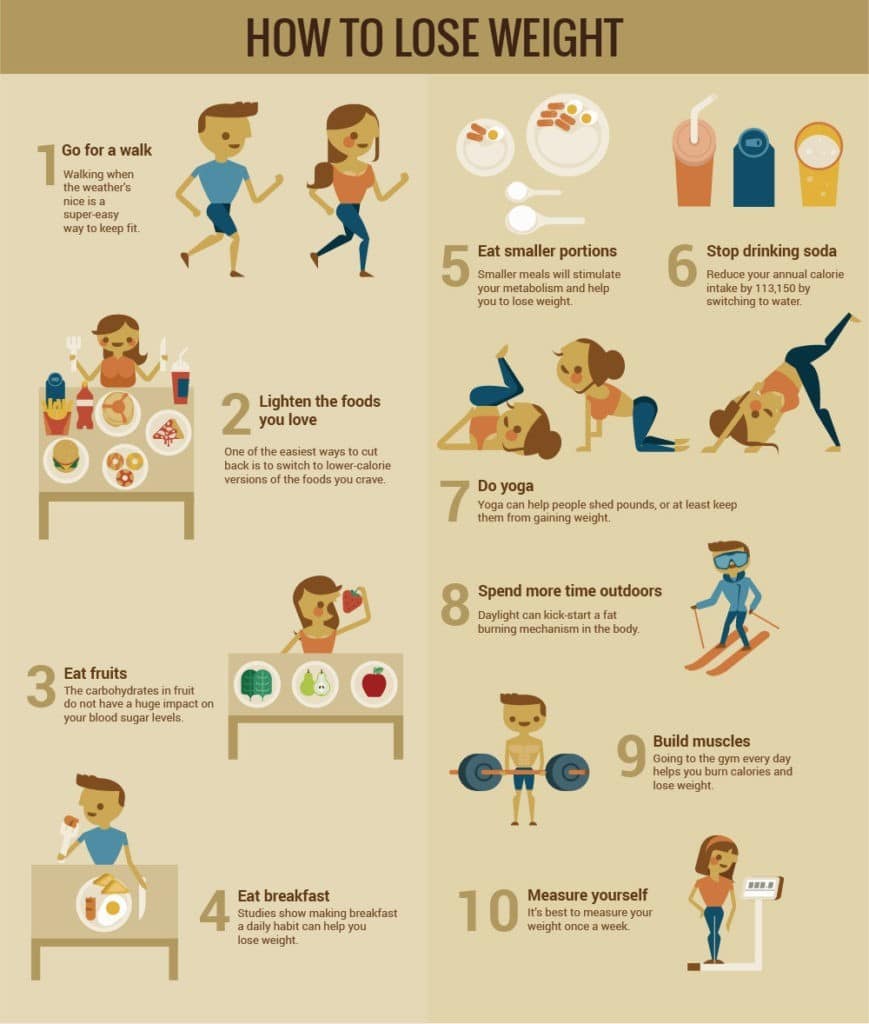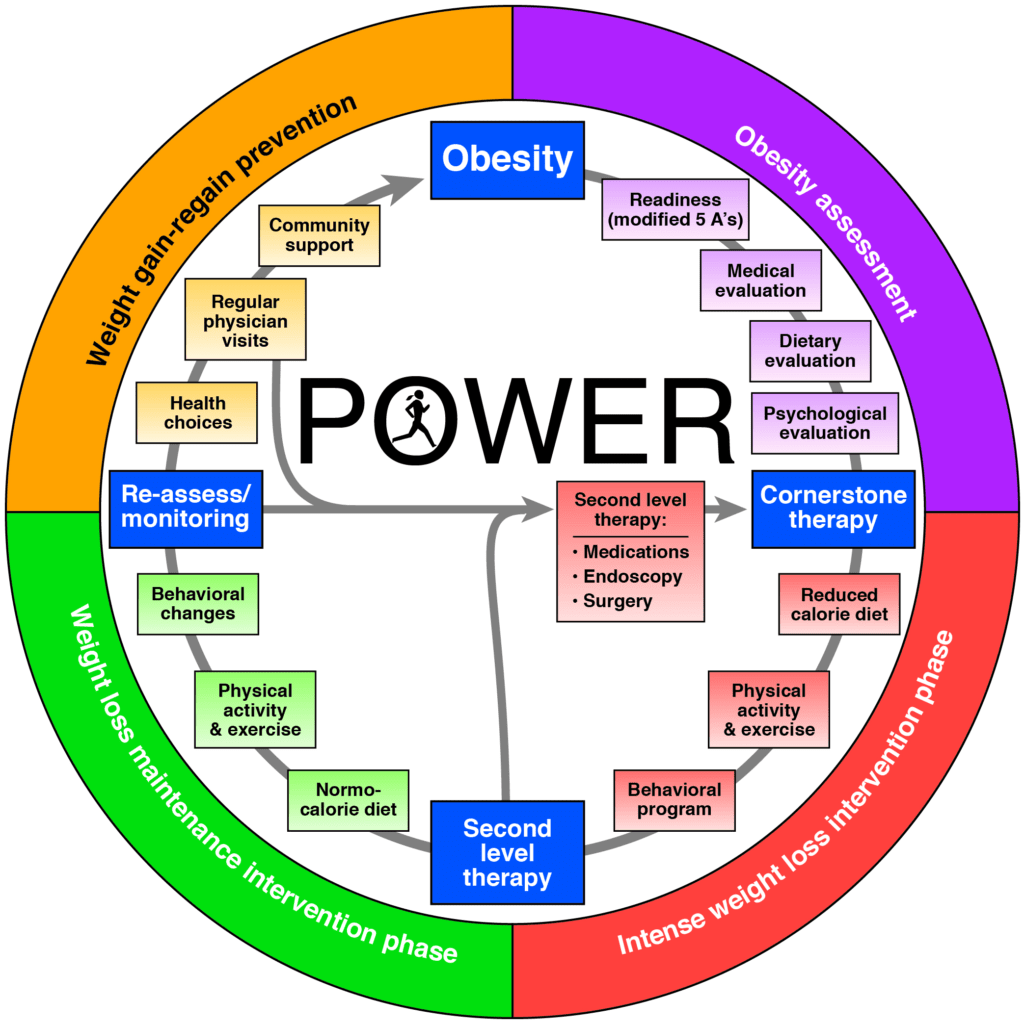Non-Surgical Treatment of Obesity
Non-surgical treatment of obesity: the natural and safest method to treat obesity is to diet and exercise. Dieting helps reduce the amount of calories consumed and exercise utilizes those calories, further decreasing the overall daily calorie intake.
Though, the goal for daily calorie intake is 1200-1400 calories. In the final analysis, numerous methods can achieve this target. Unquestionably, a popular method is the use of liquid meal replacement formulas and protein shakes.
Lamentably, these artificial alternatives, although convenient. In reality, far from providing the same balance of nutrients as whole foods. Additionally, research has shown that using artificial meal replacements is not very effective after a year or so. Eating “real food” forces good eating habits and therefore helps maintain weight loss in the long run.
Non-Surgical Treatment of Obesity May be Right for You!

Even then, statistically, diet and exercise as the sole methods for losing weight. They have not been effective in the long term for higher-weight patients (BMI > 35). More than 90% of higher-weight patients do not maintain weight reduction. As a result, do not reduce their long-term medical risks.

This is the main reason why surgery has been recognized as a more effective means of treating morbid obesity. In the long run, surgery has a better chance of keeping the weight off for good.
Nonetheless, weight loss through dieting and exercise plays a key role. In the comprehensive care of a person with a heavier body weight or higher BMI. Many insurance plans will require the patient to undergo a physician-supervised diet. For a period of months, usually 3 to 6 months. Before authorizing a surgical procedure. During this period, the patient receives education and training. That will help individuals get rid of bad eating habits and make better food choices after the operation.
The education of our patients is very important. Since their eating habits post-surgery will determine how long their progress lasts. However, keeping a food diary or food log is a great method. We use this method to account for all sources of those calories. In any event, our team will review the food diary with the patient at each visit. Lastly, always remember, the ultimate goal is to lose weight to live a happier, and healthier life.
Check Your Body's Composition
What Risks are Associated with Medical Weight Loss?
- Yo-Yo Effect.
- Weight Regain.
- Not as strong as other treatments.
- Some weight loss medications have side effects and interactions. Your medical care team and pharmacist will discuss this.


What are Benefits of Medical Weight Loss?
- Affordable.
- Easy to do but requires lifelong commitment.
Want to find out if you’re a Candidate for Non-surgical treatment of obesity?
Call us at 678-466-6760 or complete the consultation form.






